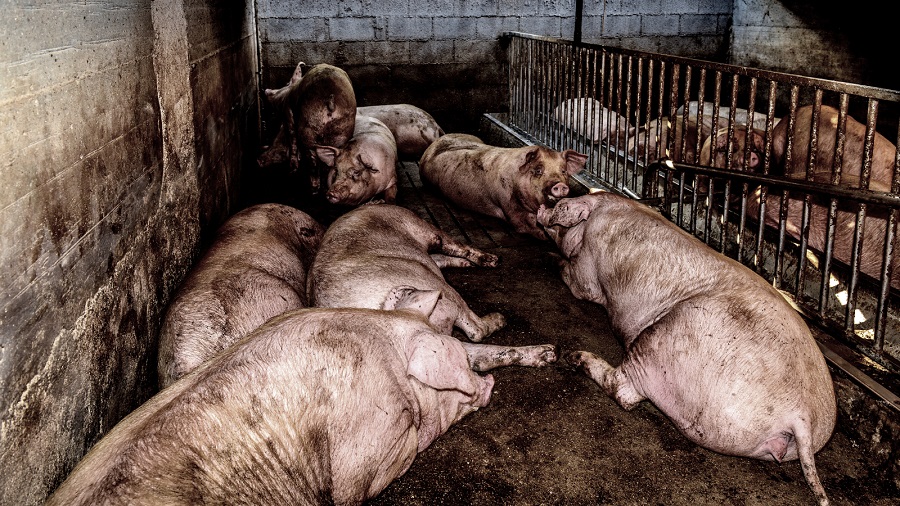Source: NC Health News
In May 2022, a biodigester at White Oak Farm in Wayne County collapsed, spilling nearly a million gallons of hog waste, including feces and decomposing carcasses, into nearby wetlands. The North Carolina Department of Environmental Quality (NCDEQ) fined the farm $34,520 for the spill.
In March and April 2023, water sampling tests revealed high levels of fecal coliform and nutrients in a tributary to Nahunta Swamp near the farm. NCDEQ sent a letter to the farm informing them of the violations and requiring them to take corrective action.
Environmentalists are concerned that the spill and the ongoing contamination of Nahunta Swamp are indicative of larger problems with industrial hog operations in North Carolina. These operations produce large amounts of waste, which can pollute waterways and contribute to climate change.
“When you cover up a digester and prevent it from off-gassing ammonia, for instance, you’re concentrating the nitrogen that’s in the ammonia molecule in the digester,” said Cape Fear Riverkeeper Kemp Burdette. “So you’re likely to create more problems as water quality impacts go.”
The spill at White Oak Farm is just one example of the environmental problems caused by industrial hog operations in North Carolina. In the past, these operations have been linked to water pollution, air pollution, and the spread of disease.
The ongoing contamination of Nahunta Swamp is a reminder of the need to take action to protect North Carolina’s waterways from industrial hog operations. These operations pose a serious threat to the environment and public health, and they need to be regulated more effectively.





